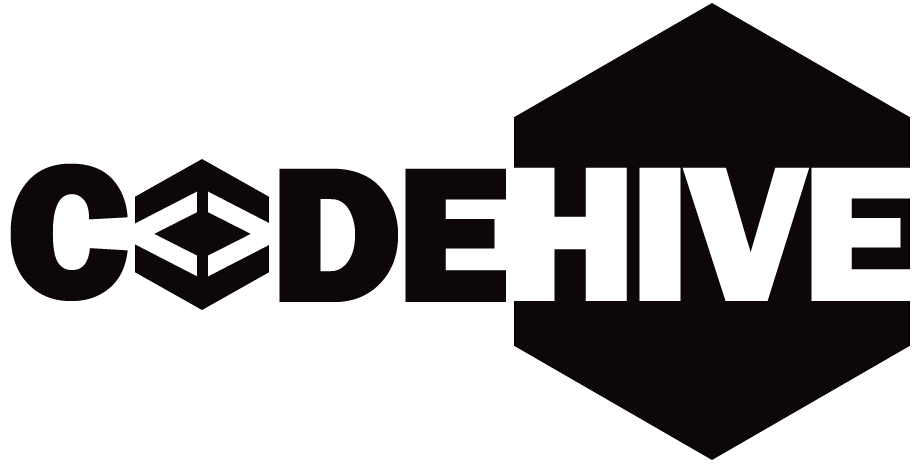Introduction to Java
This course is designed for kids who are interested in learning how to program and create their own applications using Java. Java is one of the most popular programming languages used in the world, and it's a great place to start for young programmers.

Course Description
Through fun and interactive activities, students will learn how to write their own Java programs and create simple games and applications. The course will also introduce the concept of object-oriented programming, which is a fundamental concept in Java. Students will learn how to create objects, use classes, and understand the importance of encapsulation and inheritance.
Throughout this course, you will learn the fundamentals of Java programming, including syntax, data types, loops, and functions.
You will also get hands-on experience with Java programming by creating your own projects, such as games and animations. Our expert instructors will guide you every step of the way and provide you with feedback on your code.
They will work on coding exercises and small projects to reinforce their understanding of the concepts covered. By the end of the course, students will have a solid foundation in Java programming and be able to apply their knowledge to real-world tasks.
In addition to learning about programming, students will also have opportunities to develop their creativity and collaboration skills. They will work on individual and group projects, where they can express their own ideas and collaborate with others to create engaging and interactive projects.
Learning Objectives:
- Object-Oriented Programming: Kids will learn the basics of object-oriented programming, including classes, objects, and inheritance.
- Arrays and Lists: This section will cover arrays and lists, and how to use them to store and manipulate data.
- Functions and Methods: In this section, kids will learn how to write functions and methods, and how to use them to create more complex programs.
- Control Flow: Kids will learn how to use loops, conditional statements, and other control flow structures to make decisions and control the flow of their programs.
- Operators and Expressions: This section will cover mathematical and logical operators and expressions, and how to use them to solve problems.
- Variables and Data Types: Kids will learn about variables and data types, including integers, strings, and booleans.
Course Outcomes
Understanding of basic programming concepts: Students should be able to understand fundamental programming concepts like variables, data types, conditional statements, loops, functions, and arrays.
Familiarity with Java syntax: Students should be able to write and understand Java code using basic syntax and keywords.
Ability to solve problems using Java: Students should be able to apply their understanding of programming concepts and Java syntax to solve simple programming problems.
Familiarity with Java development tools: Students should be able to use Java development tools like Integrated Development Environments (IDEs) and compilers to write and run Java code.
Knowledge of object-oriented programming: Students should be introduced to object-oriented programming (OOP) concepts like classes, objects, and inheritance.
Creation of simple Java programs: Students should be able to create simple Java programs that demonstrate their understanding of programming concepts and Java syntax.
Appreciation of Java in real-world applications: Students should be aware of the use of Java in real-world applications and how it is applied in various industries.
Prerequisites
- None. Students with little or no programming experience are welcome to enroll.
Course Schedule
Week 1: Introduction to Java and Programming Concepts
Week 2: Java Syntax and Basic Input/Output
Week 3: Object-Oriented Programming (OOP) Fundamentals
Week 4: Arrays and Collections
Week 5: GUI Programming with JavaFX
Week 6: File Input/Output and Putting it All Together
Assessment and Grading:
- Attendance and participation in class activities and discussions
- Completion of assigned projects
- Peer feedback and evaluation
Course Materials
- Computer with an internet connection
- Course materials provided by the instructor
Java Development Environment (IDE)
Course Duration
- Duration: 6 weeks
- Time: Every week 1 Hour
- Class Schedule: To be Published
Location
- CODEHIVE LTD, Capital Business Centre, 22 Carlton Rd, South Croydon, CR2 0BS
